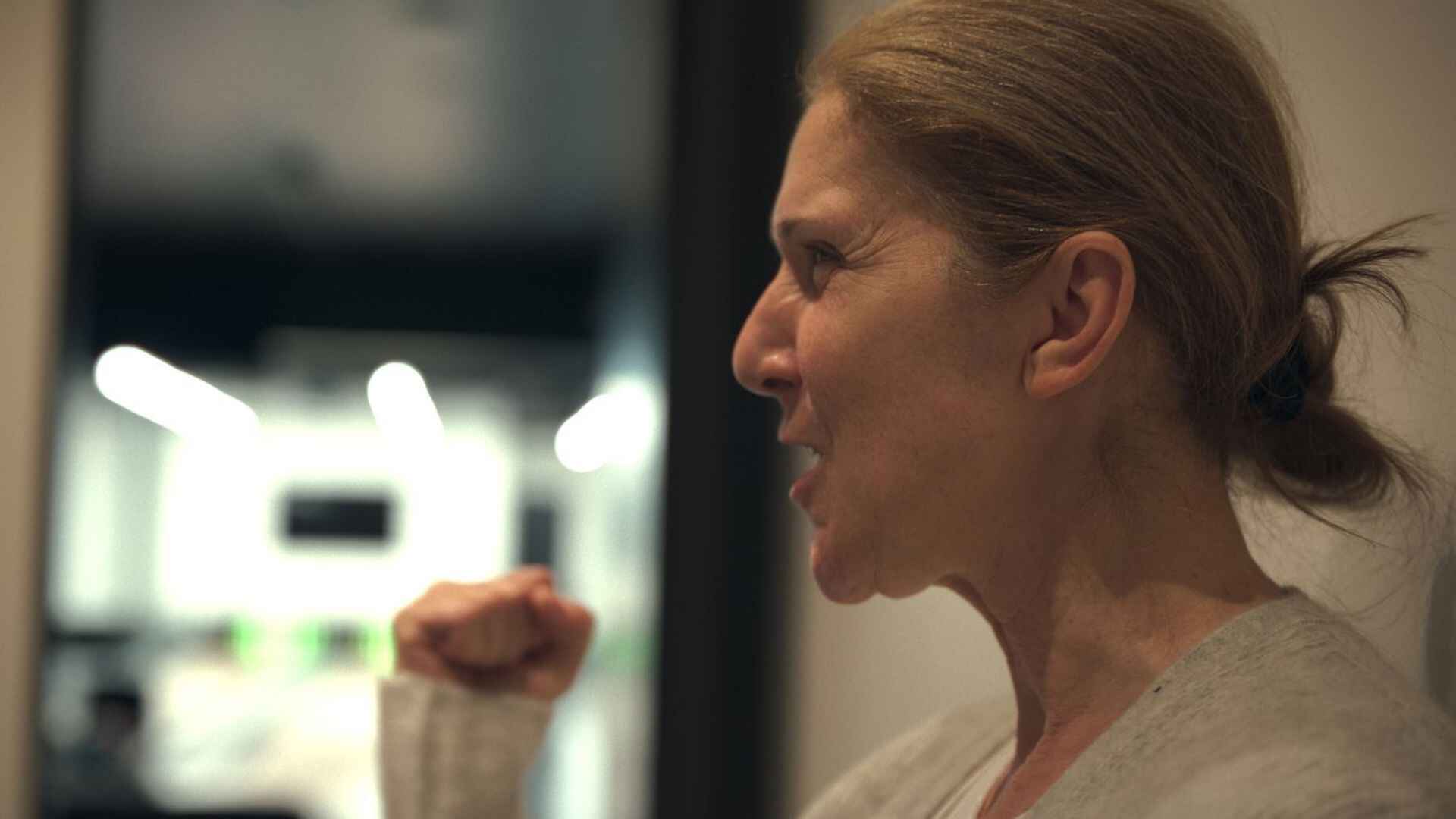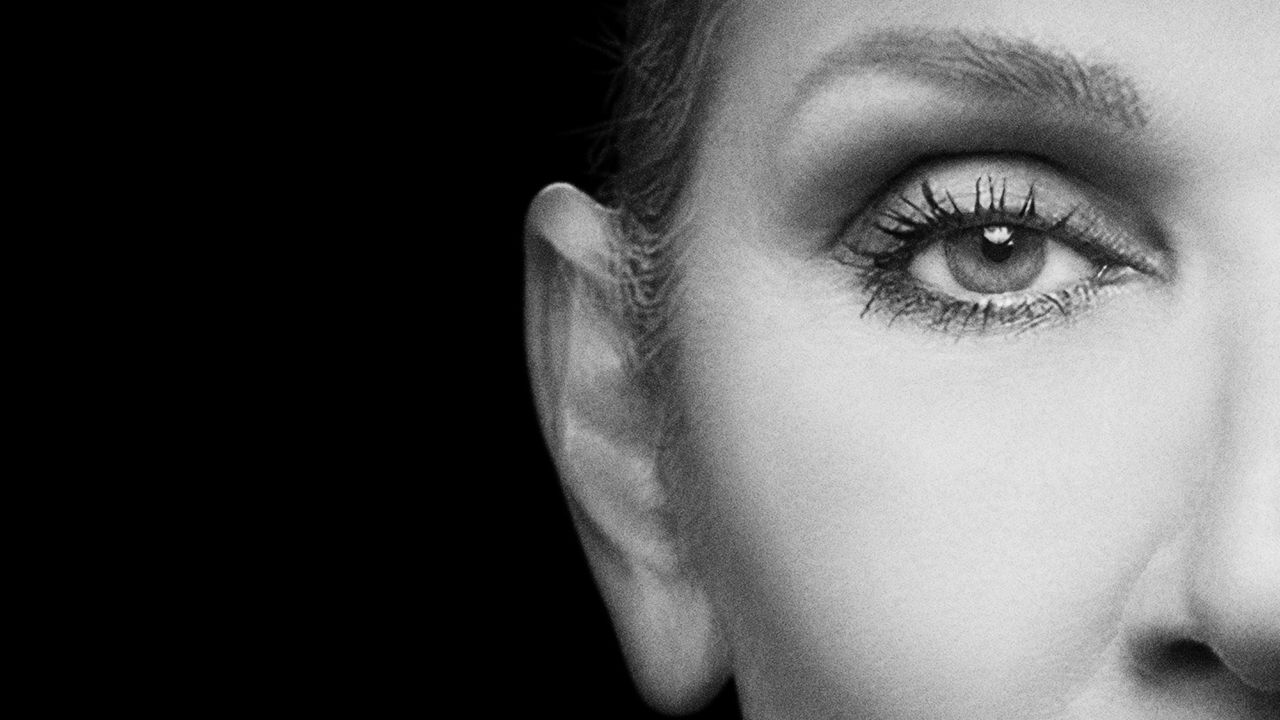Celine Dion’s Neurological Condition: Celine Dion Neurological Condition

Celine dion neurological condition – Celine Dion has been diagnosed with a rare neurological condition called Stiff-person syndrome (SPS). SPS is a chronic autoimmune disorder that affects the central nervous system, causing muscle stiffness and spasms. It is a rare condition, affecting approximately one in a million people.
Symptoms, Celine dion neurological condition
The symptoms of SPS can vary from person to person, but typically include:
- Muscle stiffness and spasms, particularly in the trunk and limbs
- Pain and sensitivity to touch
- Difficulty walking and moving
- Anxiety and depression
- Fatigue
Diagnosis and Treatment
SPS is diagnosed through a combination of physical examination, medical history, and blood tests. There is no cure for SPS, but treatment can help manage the symptoms and improve quality of life. Treatment options may include:
- Muscle relaxants
- Anticonvulsants
- Immunosuppressants
- Physical therapy
- Occupational therapy
Impact on Her Career

Celine Dion’s neurological condition, Stiff Person Syndrome (SPS), has significantly impacted her singing career.
SPS causes severe muscle spasms that can affect her vocal cords and breathing. This has made it challenging for her to perform at her usual level and has forced her to make adjustments to her singing style.
Challenges and Adjustments
- Muscle Spasms: SPS causes involuntary muscle spasms that can affect her vocal cords, making it difficult to sing with precision and control.
- Vocal Fatigue: The muscle spasms can also lead to vocal fatigue, making it difficult for her to sustain long performances.
- Reduced Range: The spasms can limit her vocal range, making it challenging to hit high notes or perform certain vocal techniques.
Performance and Touring Schedule
Dion’s condition has also affected her performance and touring schedule. She has had to cancel or postpone concerts due to muscle spasms and vocal fatigue. Her touring schedule has been reduced to accommodate her condition and allow for more rest and recovery.
Treatment and Prognosis
Celine Dion’s Stiff Person Syndrome (SPS) is a rare and debilitating neurological condition that can significantly impact her physical and mental health. The treatment options for SPS aim to manage the symptoms and improve her quality of life.
Medication
SPS is often treated with medications that help reduce muscle spasms and pain. These medications include muscle relaxants, such as baclofen or tizanidine, and anticonvulsants, such as gabapentin or pregabalin. In some cases, antidepressants or anti-anxiety medications may also be prescribed to help manage the emotional and psychological effects of SPS.
Public Perception and Support

Celine Dion’s public image has remained positive and supportive following the announcement of her neurological condition. Fans and the media have expressed empathy and well wishes, acknowledging her strength and resilience in facing this challenge. The public’s response has been largely characterized by admiration for her openness and transparency about her condition.
Fan Base Impact
Dion’s neurological condition has had a significant impact on her fan base. Many fans have expressed concern and support, sharing their own experiences with neurological conditions or offering words of encouragement. Her fans have also been actively involved in fundraising and awareness campaigns related to neurological research and support organizations.
Awareness Raising
Celine Dion has used her platform to raise awareness about neurological conditions. She has spoken openly about her own experiences, helping to destigmatize neurological disorders and encourage others to seek help. Dion has also collaborated with organizations such as the Neurological Foundation and the Canadian Association for Neuroscience to promote research and provide support for individuals affected by neurological conditions.